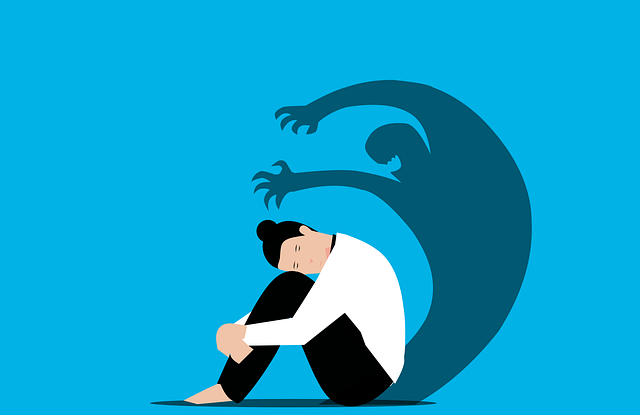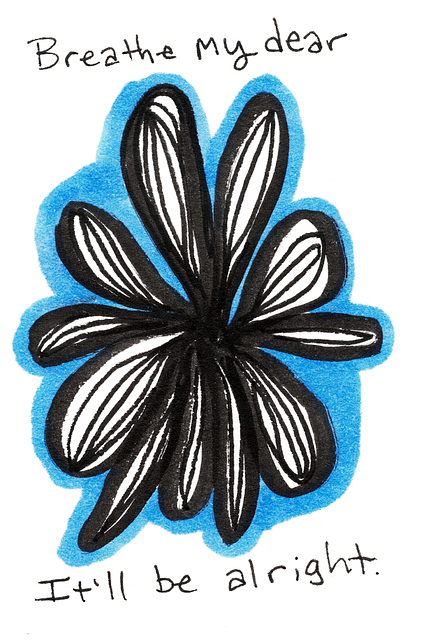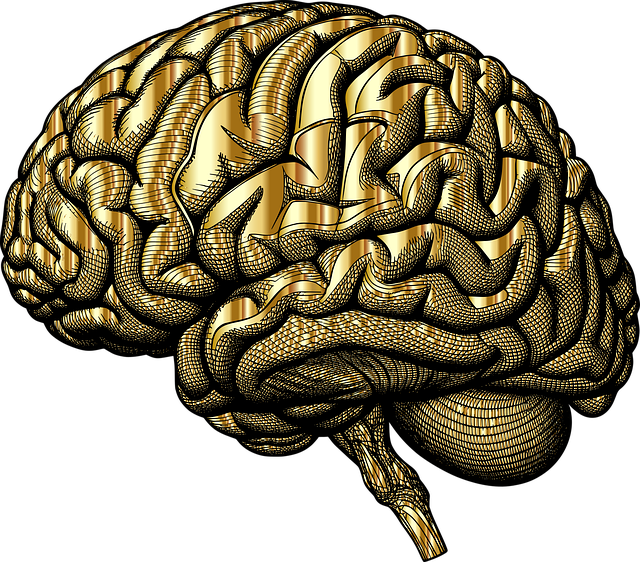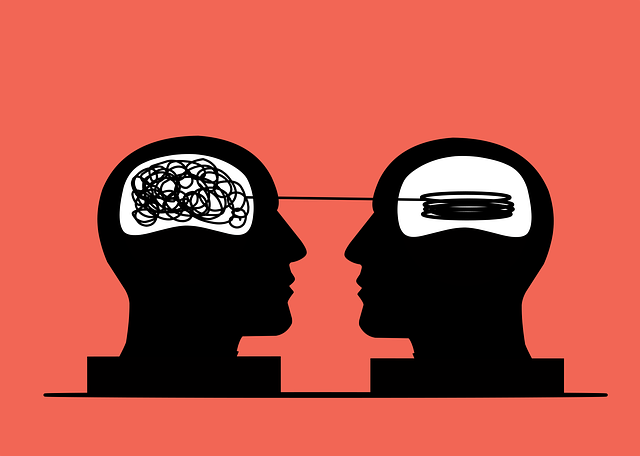Centennial Self-Esteem Therapy (CSET) is a group therapy approach emphasizing self-discovery, empowerment, and cultural sensitivity in mental healthcare. By creating safe, supportive environments, CSET encourages individuals to explore their inherent worth, challenge negative beliefs, and adopt healthier self-care routines. Through reflective exercises, open dialogue, mindfulness meditation, and social skills training, participants gain confidence, improve mood management, and contribute to Mental Illness Stigma Reduction Efforts, normalizing conversations about mental health in their communities. Effective communication and tailored activities are key components of CSET's success, enhancing group dynamics and fostering collective resilience.
Mental wellness group facilitation plays a pivotal role in enhancing individuals’ lives. This article explores effective techniques, with a focus on Centennial Self-Esteem Therapy, providing a robust foundation for group support. We delve into creating safe spaces, fostering trust, and implementing strategic communication to boost engagement.
Additionally, we uncover methods to encourage active participation, promoting open dialogue and personal growth within the group dynamic. By mastering these techniques, facilitators can revolutionize mental wellness support.
- Understanding Centennial Self-Esteem Therapy: A Foundation for Group Facilitation
- Creating a Safe and Supportive Environment: Building Trust in the Group Setting
- Effective Communication Strategies: Enhancing Group Dynamics and Engagement
- Encouraging Active Participation: Fostering Open Dialogue and Personal Growth
Understanding Centennial Self-Esteem Therapy: A Foundation for Group Facilitation

Centennial Self-Esteem Therapy (CSET) offers a powerful framework for group facilitation, emphasizing self-discovery and empowerment. This therapeutic approach encourages individuals to explore their inherent worth and capabilities, fostering a positive sense of self. In a group setting, facilitators can create a safe and supportive environment where members build upon each other’s experiences, promoting cultural sensitivity in mental healthcare practice. By integrating CSET techniques, facilitators guide participants through reflective exercises, encouraging them to challenge negative beliefs and develop healthier self-care routines for better mental health.
Moreover, this therapy extends beyond individual growth by aiming to reduce the stigma associated with mental illness. Through group interactions, members gain a sense of community, normalizing conversations about mental health struggles and successes. This collective approach not only enhances therapeutic outcomes but also contributes to wider Mental Illness Stigma Reduction Efforts, creating a more inclusive and supportive societal environment.
Creating a Safe and Supportive Environment: Building Trust in the Group Setting

Creating a safe and supportive environment is paramount when facilitating mental wellness groups, as it forms the foundation for effective therapy and emotional healing processes. As a Centennial Self-Esteem Therapy practitioner, establishing trust within the group setting is crucial. This begins with fostering an atmosphere of acceptance and non-judgement, ensuring every member feels seen, heard, and respected. Techniques such as active listening, open-ended questions, and encouraging anonymous sharing can help build rapport and create a sense of safety.
Group dynamics offer a unique opportunity for members to develop cultural competency, allowing them to understand and appreciate the diverse experiences and perspectives within the group. This process is enhanced by the facilitator’s ability to model empathy, validate emotions, and encourage self-reflection. By creating such an environment, participants can begin to explore their feelings, build confidence, and take ownership of their mental health journey, ultimately supporting better mood management.
Effective Communication Strategies: Enhancing Group Dynamics and Engagement

Effective communication is a cornerstone of successful group facilitation, especially in the context of Centennial Self-Esteem Therapy. By employing strategies that promote open and honest dialogue, facilitators can foster a supportive environment where each member feels heard and valued. This, in turn, enhances group dynamics, encouraging active participation and engagement. Techniques like active listening, reflective listening, and non-verbal cues help individuals express their thoughts and feelings more effectively, fostering a sense of community within the group.
Furthermore, integrating Self-Awareness Exercises into these communication strategies allows participants to explore and understand their inner strengths and weaknesses. This introspective process not only boosts individual mental wellness but also strengthens the group’s collective resilience. Facilitators can leverage this increased self-awareness to design tailored activities that promote personal growth and development, ultimately enhancing the overall effectiveness of therapy sessions. Public Awareness Campaigns Development around these themes can further normalize conversations about mental health, creating a more inclusive and supportive society.
Encouraging Active Participation: Fostering Open Dialogue and Personal Growth

In a mental wellness group setting, fostering open dialogue is key to facilitating personal growth and enhancing self-esteem. Group members should feel encouraged to share their experiences, thoughts, and feelings freely, creating a safe and supportive environment. Techniques like active listening and reflective questioning can help centennial self-esteem therapy participants build confidence in expressing themselves. By engaging in meaningful conversations, individuals can gain new perspectives, challenge negative beliefs, and develop improved social skills.
Mindfulness meditation exercises can be integrated into group sessions to promote relaxation and focus, allowing members to process their emotions more effectively. Additionally, teaching stress reduction methods enables participants to manage anxiety and cultivate a sense of calm. Social skills training further enhances these interactions by equipping individuals with the tools to navigate relationships and foster meaningful connections, ultimately contributing to overall mental wellness.
Centennial Self-Esteem Therapy offers a powerful framework for group facilitation, emphasizing the importance of creating safe spaces for individuals to explore their mental wellness. By implementing strategies that build trust, encourage open communication, and foster active participation, facilitators can significantly enhance group dynamics. These techniques not only promote personal growth but also create a supportive environment where members feel empowered to navigate their emotional journeys together. Through this collective approach, groups can become vibrant communities that reverberate with positive change and support each member’s mental wellness journey.










